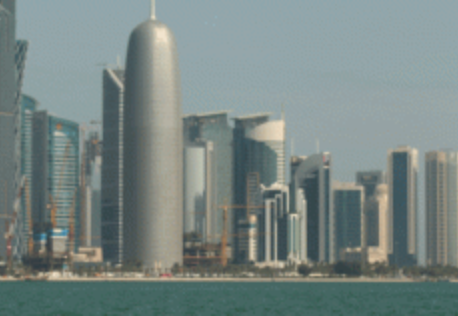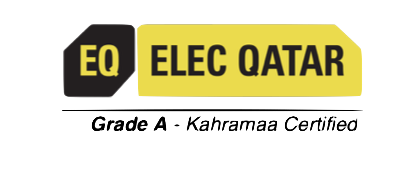
Despite the impact of low oil prices on the global economy, Qatar continues to remain upbeat in completing ongoing major infrastructure projects around the country, the organiser of the upcoming Project Qatar has said.
IFP Qatar general manager George Ayache stressed that Qatar “is the only country in the Middle East with a mandate to develop its infrastructure” to host the FIFA World Cup in 2022.
“The Qatari government has given its assurance that major projects leading to the 2022 FIFA World Cup and Qatar National Vision 2030 are pushing through, so we’re very optimistic and positive for a better 2016 and 2017,” said Ayache, who spoke to Gulf Times on the sidelines of a press conference announcing the staging of the 13th International Construction Technology and Building Materials Exhibition (Project Qatar).
Ayache said Project Qatar will be held at the Doha Exhibition and Convention Centre (DECC) from May 9 to 12, and will cater to 900 companies and 37 countries. Asked if the global economic slowdown caused by low oil prices has created an impact on the construction sector, Ayache noted that “it did already,” citing a 15% drop in the number of Project Qatar exhibitors in this year’s edition.
“We were expecting a major decrease in the number of participants this year but thankfully there was only a 15% drop, which means that low oil prices have created an impact in the budget of the country. This had affected some of the contractors and exhibitors planning to join Project Qatar,” he said.
But Ayache was quick to say that the decrease in Project Qatar exhibitors provided organisers “an indication that the market in Qatar is very healthy,” as he expressed optimism for “a much better 2017.”
“I am optimistic and positive that despite the slowdown in the global economy, the market will pick up.
As for the budget spent, a lot of projects are ongoing; $280bn worth of projects in Qatar are in the pipeline, so why not be optimistic?” he explained.
Asked to provide figures on the volume of deals signed in last year’s exhibition, Ayache said exhibitors “do not usually provide details” of contracts or business generated during the event.
“It’s very hard to assess what kind of business happens during the exhibition; companies do not really divulge what kind of agreements were signed and the arrangements they have made with visitors and buyers.
“But we definitely know that there is always a major volume in projects, which is the source of Project Qatar’s success. Despite the challenges faced by the region, we still have recurrent exhibitors attending every year,” he said.
